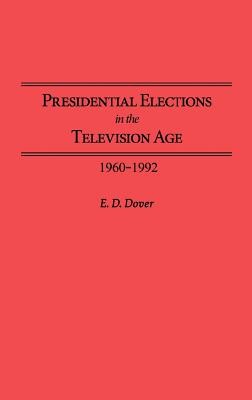
- We will send in 10–14 business days.
- SAVE -10% with code: EXTRA
Reviews
Description
In the past several decades, the country has seen some incumbent presidents win second terms by margins previously believed to be unattainable, yet has witnessed defeats of more incumbents than at any time in our national history. These outcomes are directly related to the presence of television and to the changing nature of incumbency. The relationship between incumbency and television news reporting has replaced partisanship as the leading determinant of voter choice in presidential elections since 1960. By showing how various recurring patterns in televised news reporting of presidential elections and of the presidency itself have actually enhanced the reelection prospects of some incumbents while undermining others, and how these patterns have influenced the campaigns of other leading political figures, the author provides us with a new means of understanding elections to come.
EXTRA 10 % discount with code: EXTRA
The promotion ends in 21d.07:33:11
The discount code is valid when purchasing from 10 €. Discounts do not stack.
- Author: E D Dover
- Publisher: Praeger
- Year: 1994
- ISBN-10: 0275948404
- ISBN-13: 9780275948405
- Format: 15.6 x 23.4 x 1.3 cm, kieti viršeliai
- Language: English English
In the past several decades, the country has seen some incumbent presidents win second terms by margins previously believed to be unattainable, yet has witnessed defeats of more incumbents than at any time in our national history. These outcomes are directly related to the presence of television and to the changing nature of incumbency. The relationship between incumbency and television news reporting has replaced partisanship as the leading determinant of voter choice in presidential elections since 1960. By showing how various recurring patterns in televised news reporting of presidential elections and of the presidency itself have actually enhanced the reelection prospects of some incumbents while undermining others, and how these patterns have influenced the campaigns of other leading political figures, the author provides us with a new means of understanding elections to come.


Reviews